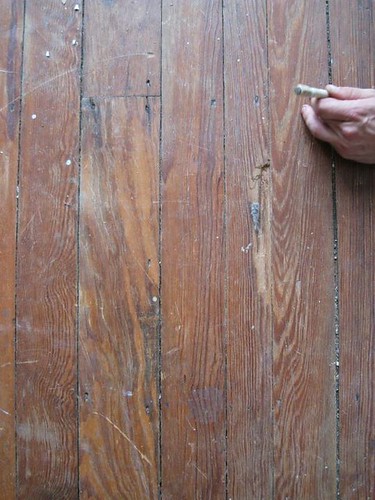The 2008 financial crisis - brought about in large part by reckless lending – saw an immediate and dramatic tightening of mortgage loan requirements. However, over the past couple years the market has shown significant signs of recovery, and loan requirements have begun to look a little bit more like what we were used seeing prior to 2008. This is evident in the re-emergence of a few products that had virtually disappeared up until about a year ago. Products like mortgages with loan-to-value ratios of 85-90%, Lender Paid mortgage Insurance, and mortgages to borrowers who are shouldering debt-to-income ratios of up to 50%. All of this should go a long way in restoring optimism in hopeful homebuyers, but it isn’t what should be capturing headlines.
What’s more interesting is that there is an entirely new loan program that didn’t exist prior 2008, mostly because the problem that it addresses wasn’t nearly as prevalent as it is today. This new program is called delayed financing, and it allows for a buyer to make an all-cash payment on a home and then turn around the next day and refinance. Until earlier this year, there were seasoning requirements in place that prevented this practice.
Why would someone do this? Well, cash buyers have a competitive edge over buyers who are taking out mortgages. Sellers prefer cash buyers because their money is a sure thing and they make transactions quick and easy, making it hard for buyers taking out mortgages to compete. This was never really a huge issue, but recent foreign investment has flooded the market with cash buyers, particularly in the Bay Area, and some borrowers are starting to feel the heat.
Delayed financing offers a solution to this problem. Some people may have the ability to find enough cash to purchase a home, but doing so would leave them with no liquid assets. Being able to take out a mortgage the day after they make a cash purchase allows them to enjoy the competitive edge they get from being a cash buyer without leaving the bank accounts empty in the process. It essentially gives you the best of both worlds: the competitive edge of being a cash buyer, and the financial security of not having all of your money tied up in your home.



